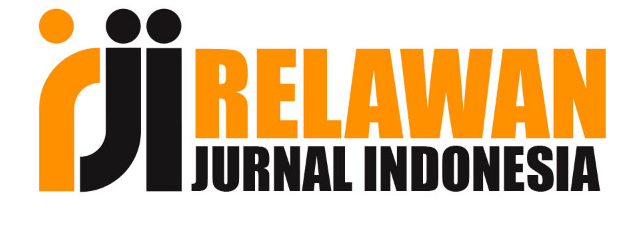PENGARUH PERUBAHAN TATAGUNA LAHAN TERHADAP KARAKTERISTIK HIDROGRAF BANJIR (Studi Kasus DAS Dengkeng dan DAS Jlantah Bagian Hulu Bengawan Solo Kabupaten Sukoharjo, Provinsi Jawa Tengah)
DOI:
https://doi.org/10.36982/jtg.v3i1.13Abstract
The flood event on December 26, 2007, in Bengawan Solo river, the Province of Jawa Tengah has caused loss and submerged housed of thousands of people. The growing issue in regard to the event indicated that the cause was the changing response of the catchment area to the rainfall due to the land use changing. The changing of the hydrograph shape and the amount of peak discharge can be interpreted as the form of land use changing consequences. Thus, it is required to have a hydrological analysis to identify the changing of peak discharge due to the impact of land use changing. In this study, hydrological analysis was carried out for Dengkeng and Jlantah watershed as the critical catchment areas. The method used for the analysis was calculating unit hydrograph by using the Collins method in the conversion process of rainfall-runoff translation, calculating the effective rainfall by using the Soil Conservation Service-Curve Number (SCS-CN) and calculating the design flood with return periods of 2, 5, 10, 25, and 50 years by using the frequency analysis method. The design flood calculation was carried out for various land use conditions. Results of this study showed that the CN value as the main variable of the land function in Dengkeng and Jlantah watershed from 2003 to 2009 has not indicated significant improvement changes. Therefore, in order to rehabilitate forest and critical land as well as to optimally improve the development of the catchment areas in the future land use control is necessary. Based on the plans by BPDAS Solo, the results indicated that such rehabilitation influenced the changing of CN value and the losses factor as well as to the effective rain in rainfall-runoff translation. This was indicated by the declining flood peak discharge in 2025 from 18% to 66%.
References
Anonim, 2008, Nippon Koei CO.,LTD., Flood Damage and Scale of December 25 Flood in The Bengawan Solo River Basin, Tokyo.
Anonim., 2009, Rencana Teknik Rehabilitasi Hutan dan Lahan Daerah Aliran Sungai Satuan Pengelolan Daerah Aliran Sungai Solo, BPDAS Solo, Solo.
Bambang Triatmodjo., 2009, Hidrologi Terapan, Beta Offset, Yogyakarta.
Gunawan., 2009, Studi Banjir Bengawan Solo 2007 Untuk Peningkatan Kinerja Mitigasi Bencana Banjir (Studi kasus pada anak-anak Sungai Bengawan Solo antara Bendung Colo di Sukoharjo dan Jurug di Surakarta), Tesis, Magister Pengelolaan Bencana Alam, Program Pascasarjana Fakultas Teknik Universitas Gadjah Mada, Yogyakarta.
Rachmad Jayadi., 2000, Hidrologi I, Pengenalan Hidrologi, Diktat Kuliah, Jurusan Teknik Sipil, Fakultas Teknik, Universitas Gadjah Mada, Yogyakarta.
Soemarto, C.D., 1987, Hidrologi Teknik, Penerbit Erlangga, Jakarta.
Sri Harto Br., 1993, Analisis Hidrologi, PT Gramedia Pustaka Utama, Jakarta.
Umar Mahfudi., 2010, Identifikasi Penyebab dan Upaya Non-Struktural Pengendalian Banjir Kali Sampean (Tesis), Magister Pengelolaan Bencana Alam, Program Pascasarjana Fakultas Teknik Universitas Gadjah Mada, Yogyakarta.










